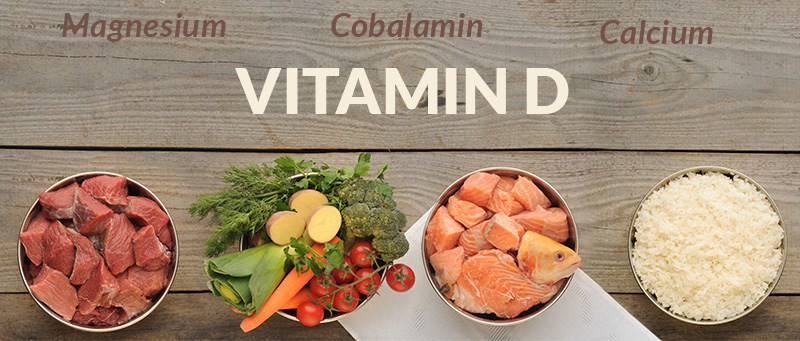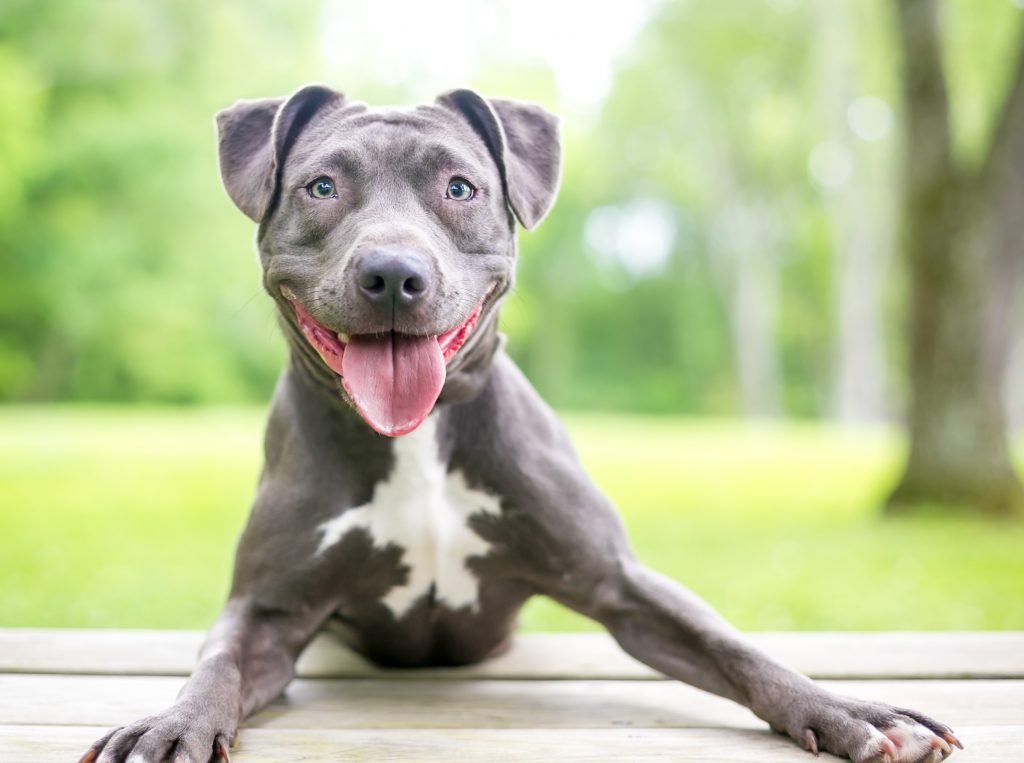
Cancer It has been reported that dogs and cats with lymphoma (2,11), mast cell tumors (5), hemangiosarcoma, carcinoma, histiocytic sarcoma, and other cancers (10,11,12) all have 25vitD values below 40ng/mL. The relative risk of having cancer increases to almost 4x when 25vitD values are below 40ng/mL. Chronic Enteropathy (IBD) Disease severity and the incidence of chronic […] Read more »



